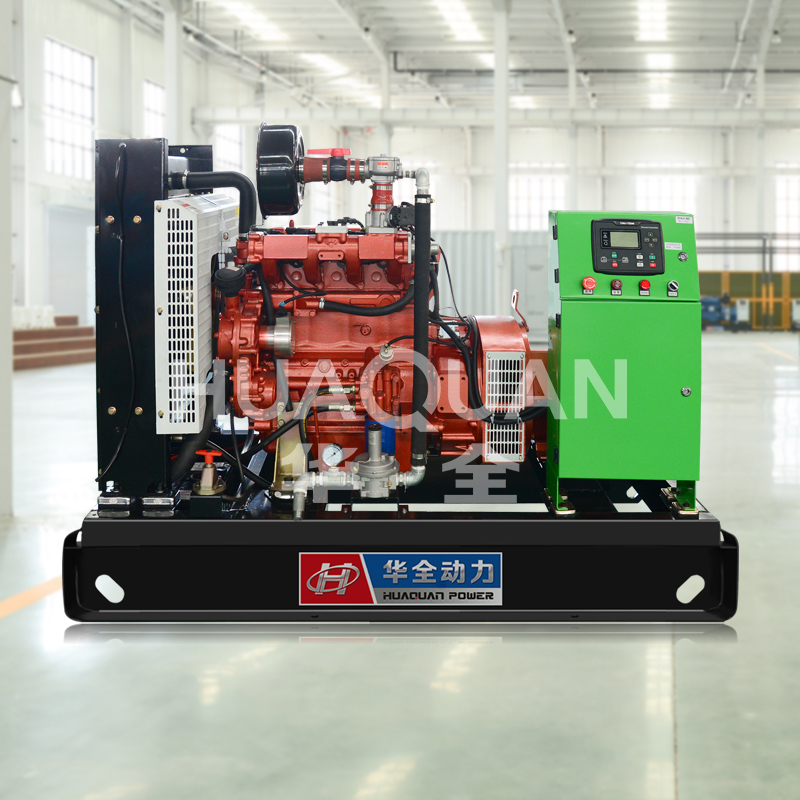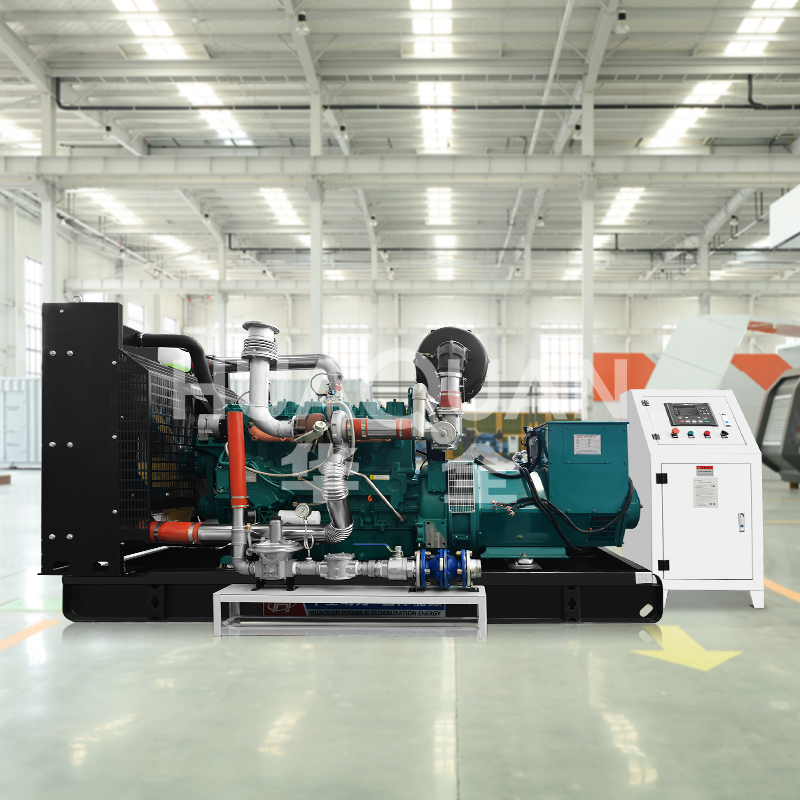Proper ventilation is crucial when operating a Gas generator to prevent dangerous carbon monoxide buildup. Always place the gas generator outdoors in an open area, at least 3 meters away from buildings, windows, or vents. Never operate a gas generator in enclosed spaces, as this poses serious health risks.
Fuel management significantly impacts a Gas generator's performance and longevity. Use only fresh, clean gasoline with the recommended octane rating for your gas generator. When storing the unit, either drain the fuel completely or add stabilizer to prevent gum formation in the fuel system that could clog critical components.
Regular pre-operation checks should be performed on your Gas generator before each use. Inspect oil levels, air filters, and spark plugs according to the manufacturer's schedule. A well-maintained gas generator will operate more efficiently and have fewer unexpected breakdowns during critical moments.
Load management is essential for safe Gas generator operation. Never exceed the rated wattage capacity of your gas generator, as overload conditions can damage both the unit and connected appliances. When powering sensitive electronics with a gas generator, consider using a voltage regulator to protect equipment from power fluctuations.
Proper shutdown procedures help preserve your Gas generator's condition. Allow the unit to cool before refueling, and always turn off all connected loads before shutting down the gas generator. Following these daily operation practices will ensure reliable performance and extend the service life of your power equipment.
Storage considerations are equally important for Gas generator maintenance. When not in use for extended periods, store the unit in a clean, dry location protected from extreme temperatures. Periodic test runs (every 3-4 weeks) will keep the gas generator in ready condition for when emergency power is needed.



